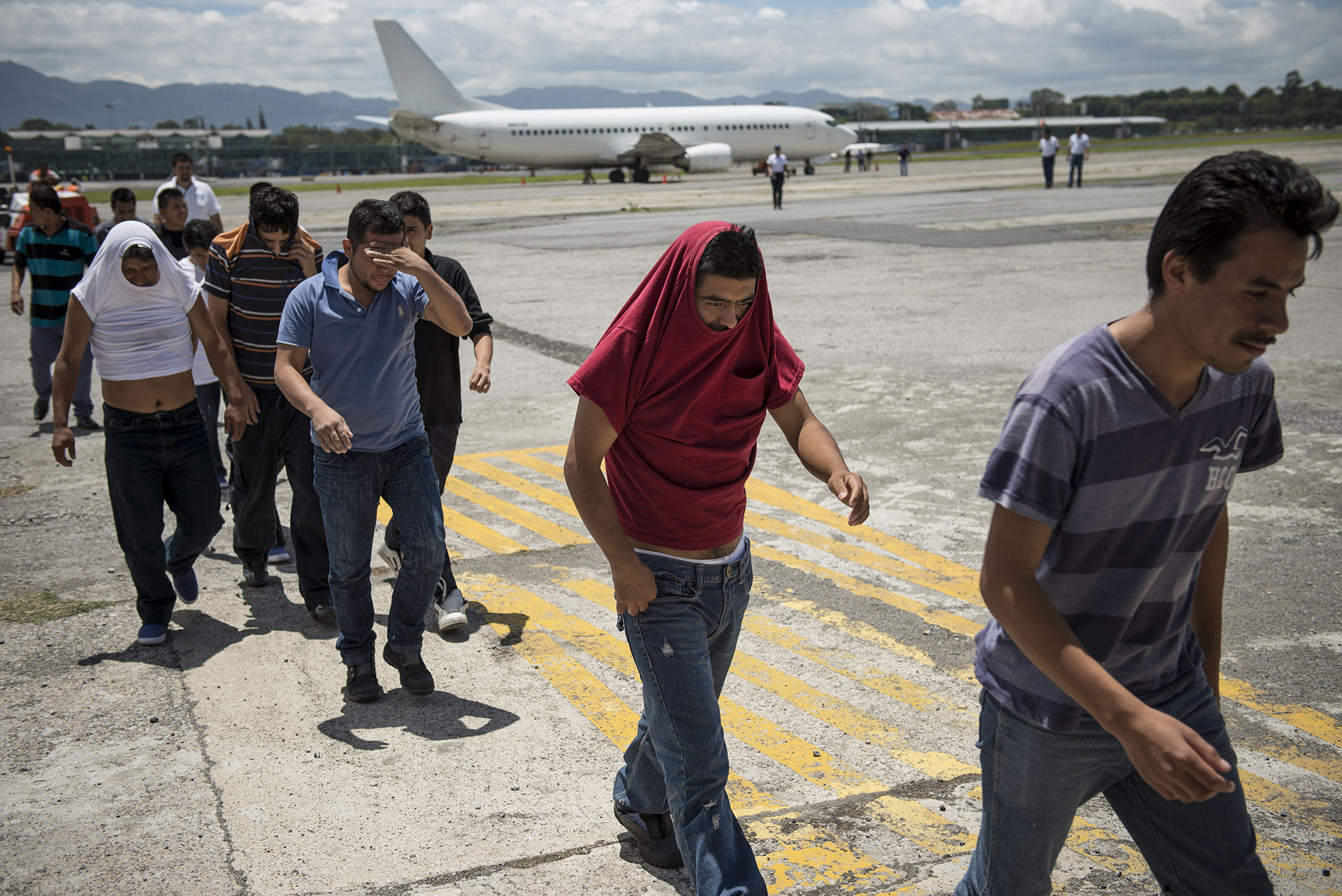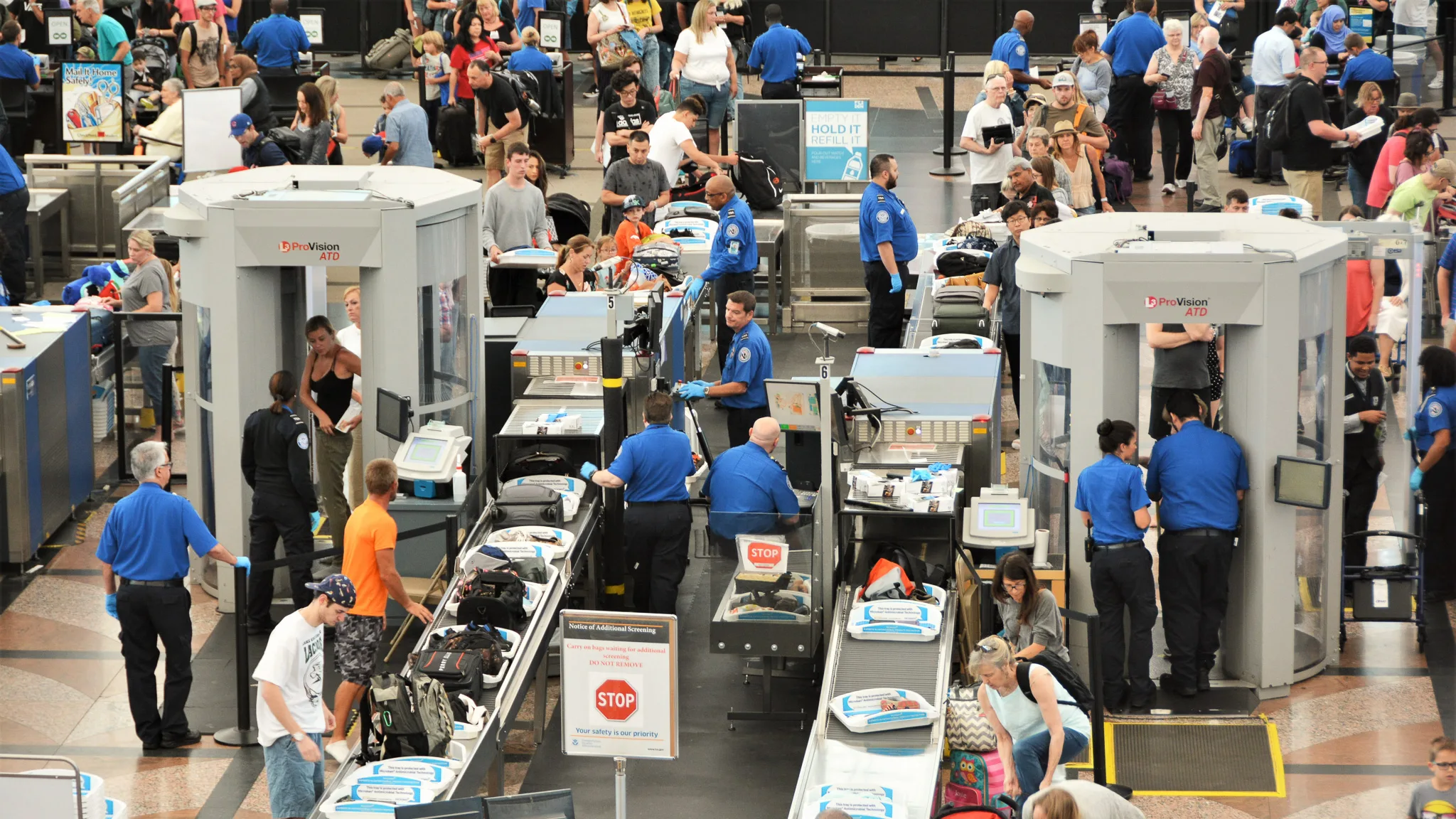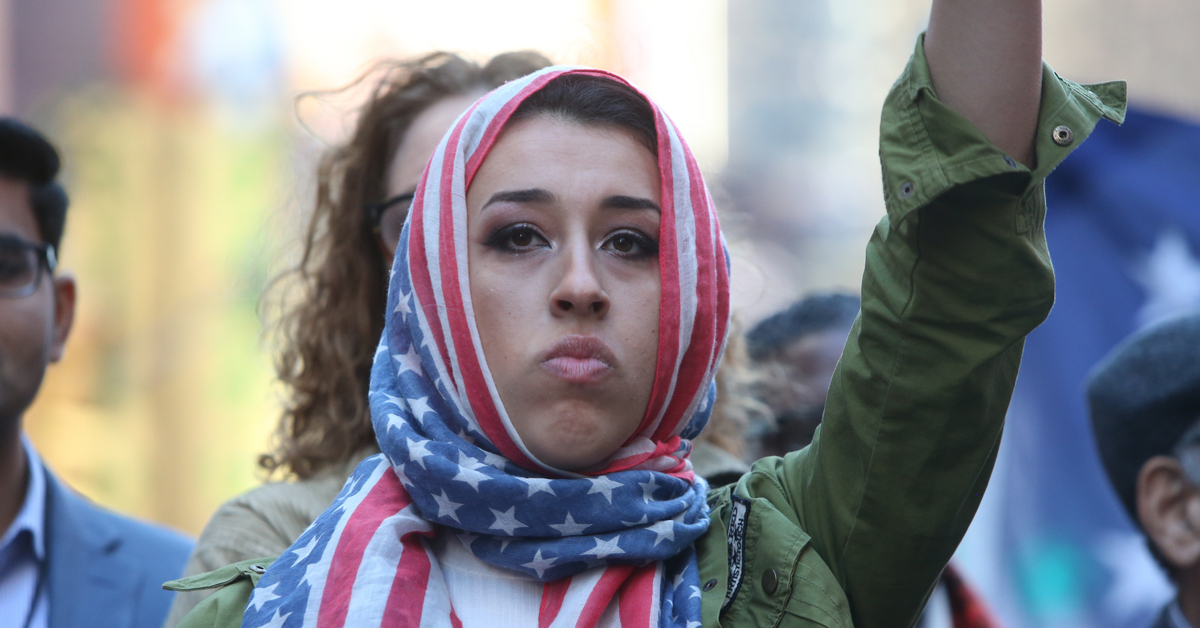When Á. saw the news on his phone that the Trump administration had terminated the Temporary Protected Status designation for Venezuela, it brought him back to the uncertainty he felt just weeks before in early January, when an extension for TPS had not yet been announced by the Biden administration.
During those days, his emotions ran high, he said, adding that he would constantly check his phone for any news about the program’s extension, knowing that his ability to remain in the United States depended on his TPS status. “We were calm when we heard [Biden] extended it,” he said in Spanish. But earlier this month, as he arranged electric cords at his work, and a month into the new Trump administration, he saw the news that left him right back again in limbo.
Citing that Venezuela no longer met the condition for the TPS designation, Homeland Security Secretary Kristi Noem announced on Feb. 1 the termination of TPS for Venezuela’s 2023 program. Apprehension took over Á. once again. “I feel sad because now my future is uncertain,” said Á., who arrived in New York in the summer of 2023 and, for safety reasons, chose to only share his middle initial. “It is not easy to cross many different countries and then be sent back when someone says that [Venezuela]’s economy is now doing well, when it has more to do with security than the economy.”
Without legal intervention, about 300,000 beneficiaries nationwide will lose their temporary protection status on April 7, 2025, putting them at risk of deportation if they do not secure another legal way to stay in the U.S., according to DHS estimates finding in October 2023, about 243,000 Venezuelans were TPS beneficiaries, while also noting several hundred thousand others were eligible. The termination is not only a stark reminder of President Donald Trump’s pledge to restrict immigration but also a continuation of his first administration’s efforts, which sought to end TPS for six countries. Those efforts were ultimately stopped by the courts.
Also Read: 600,000 Venezuelans Could Face Deportation as Trump Ends TPS Extension
In 2023, Biden re-designated TPS for Venezuelans after first designating it in 2021. The program, dubbed Venezuela 2023, expanded TPS eligibility to Venezuelans who resided in the U.S. by July 31, 2023, and were physically present by Oct. 3, 2023. Under TPS, individuals can apply for a work permit, travel outside the country with Advance Parole, and are also protected from deportation as long as their country’s circumstances are deemed unchanged by the Department of Homeland Security. In Jan 2025, DHS extended the TPS designation for Venezuela for 18 months, beginning on April 3, 2025, and ending on October 2, 2026. That has now been rescinded.
Á., 23, said he lived in Colombia for three and a half years before migrating to seek asylum in the U.S. in the summer of 2023. In New York, he joined his brother who had migrated a year prior.
In Venezuela, Á. frequently protested against the government of President Nicolás Maduro, he said. Because of this, he fears he would be punished if he were deported to Venezuela. “I have a friend who spoke bad about the government and then was incarcerated,” he said in Spanish. “Most people would go to another country instead of Venezuela,” he said.
Murad Awawdeh, president and CEO of the New York Immigration Coalition, reiterated Á.’s point in a statement two days after the termination of TPS and asked New York government officials for permanent protections for those in risk of deportation.
“Families will now face the reality of uprooting their lives they worked so hard to build here and returning to a country that’s still grappling with the political and economic turmoil they escaped,” he said in the statement. “The Trump administration should be protecting — not punishing — people who have sought safety from crisis and instability and who have been contributing to New York’s economy.”
Á. pointed to last year’s Venezuelan elections as an example of Venezuela’s instability and political corruption, where Maduro claimed victory over Edmundo González, whom the United States recognized as the winner of last year’s election. “The [Maduro] government is too corrupt.”
Also Read: TPS: What Temporary Protected Status Means for Civilians who Qualify
Rebecca Press, immigration attorney and co-founder of Co-Counsel NYC, told Documented that TPS holders she has spoken with have also raised similar concerns to those of Á., such as: “Will TPS actually be terminated or will there be a judicial decision to prevent that from happening? What should they do now? Should they apply for asylum? How can the Trump administration justify this when we all know conditions have only worsened since 2023?”
Press said that unless an injunction by the courts allows the program to continue, TPS holders under the Venezuela 2023 program will need to find different forms of immigration relief to remain in the country. “This could be anything from asylum to U Visas to marriage-based petitions. But whether they qualify for something or not requires individualized assessment of their circumstances,” she said. Other TPS holders have also told Documented via our WhatsApp channel that they have been seeking assistance to learn if they are eligible to apply for a U-Visa or for asylum as an alternative to TPS.
Á. said he found a nonprofit in Yonkers that has given him legal advice to see what alternative legal pathways he could be eligible for to remain in the country. He explained that some of his friends stopped filing their asylum process after they received approval for temporary protection.
“Among all the insecurity, we still have to continue our lives,” Á. said on Wednesday, two days after the announcement. He took that day off to celebrate his fiancee’s birthday. He bought balloons, table throws, and honeycomb balls to decorate their room with the help of his sister-in-law.
“Thanks to God we have a job and we are breathing,” he said. “We have to try to put aside our concerns at least one day a week.”















